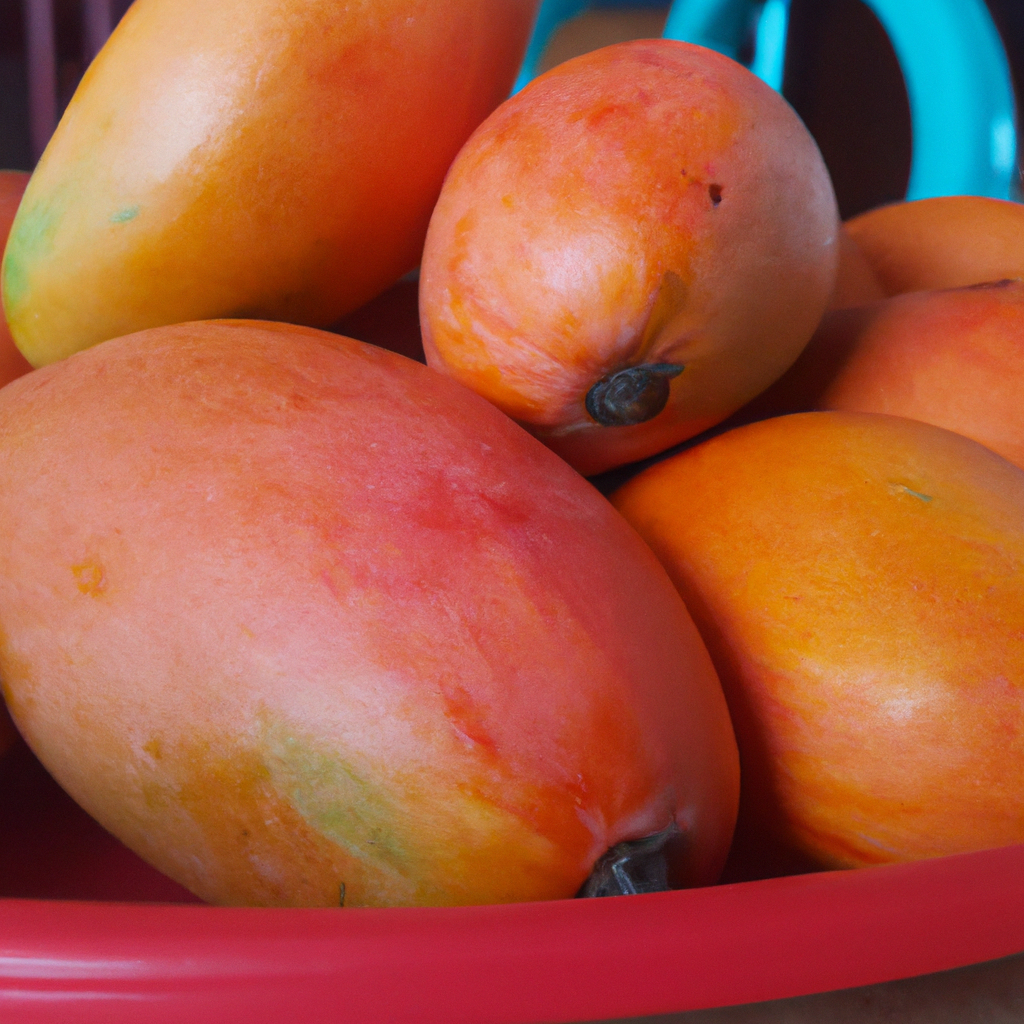Why is African Mango good for you
African mango is a fruit found in the tropical forests of Africa. The fruit has been used for centuries by the people of the region for its medicinal properties. African mango is rich in vitamins, minerals, and antioxidants, which make it a superfood with many health benefits. In this blog post, we will explore the health benefits of African mango and why it is good for you. We will also look at the possible side effects of consuming African mango and how to avoid them.
African Mango Benefits
African Mango is a super fruit that originates from Cameroon in Africa. The Irvingia gabonensis tree produces a fruit that is sometimes referred to as wild mango, bush mango, dika nut, or African peach. For centuries, the locals have used every part of this tree – the bark, leaves, and fruit – for medicinal purposes.
The African Mango fruit has a similar appearance to an ordinary mango, but it is much smaller. It has a hard shell with a fibrous fleshy inside. African Mango seeds are where all the magic happens. These seeds are packed with nutrients and antioxidants that offer many health benefits.
Some of the most impressive African Mango benefits include:
Weight loss: African Mango extract can help promote weight loss by reducing appetite and improving metabolism.
Lower cholesterol: The compounds in African Mango can help lower “bad” LDL cholesterol and raise “good” HDL cholesterol levels.
Diabetes control: African Mango may help improve blood sugar control in people with diabetes.
Anti-inflammatory: The antioxidants in African Mango can help reduce inflammation throughout the body.
Boosts energy levels: The nutrients in African Mango can help increase energy levels and improve overall stamina.
African Mango Weight Loss
African Mango is a popular weight-loss supplement. The extract from the African mango fruit is thought to help with weight loss by suppressing appetite and boosting metabolism. African mango is also high in fiber and antioxidants, which are both beneficial for overall health.
African Mango Side Effects
African mango, also called Irvingia Gabonensis, is a tropical fruit that is native to parts of Africa. The fruit has been used for centuries in traditional African medicine to treat a variety of ailments. African mango is rich in nutrients and antioxidants, which are believed to be responsible for its health benefits.
African mango is generally considered safe for most people. However, there have been some reports of side effects, such as stomach upset, headaches, and dizziness. Some people may also be allergic to African mango. If you experience any side effects after consuming African mango, stop taking it and see your doctor.
African Mango Nutrition
African mango, also known as Irvingia gabonensis, is a fruit that is native to West Africa. The African mango has been used for centuries in traditional medicine to treat a variety of ailments.
The African mango is a rich source of nutrients, including fiber, vitamins A and C, potassium, and magnesium. African mangoes are also a good source of antioxidants. These nutrients work together to promote good health.
The fiber in African mangoes can help to regulate digestion and keep you feeling full after eating. This can aid in weight loss or weight maintenance. The vitamins and minerals found in African mangoes boost the immune system and help to protect the body against disease. The antioxidants in African mangoes scavenge harmful toxins and free radicals, which can damage cells and lead to disease.
Overall, African mangoes are a nutritious food that can offer many health benefits. If you are looking for a delicious way to improve your health, add some African mangoes to your diet!
Supplements With African Mango
Sources:
https://www.webmd.com/diet/obesity/features/african-mango-supplements
https://www.ncbi.nlm.nih.gov/pmc/articles/PMC3506011/




0 Comments